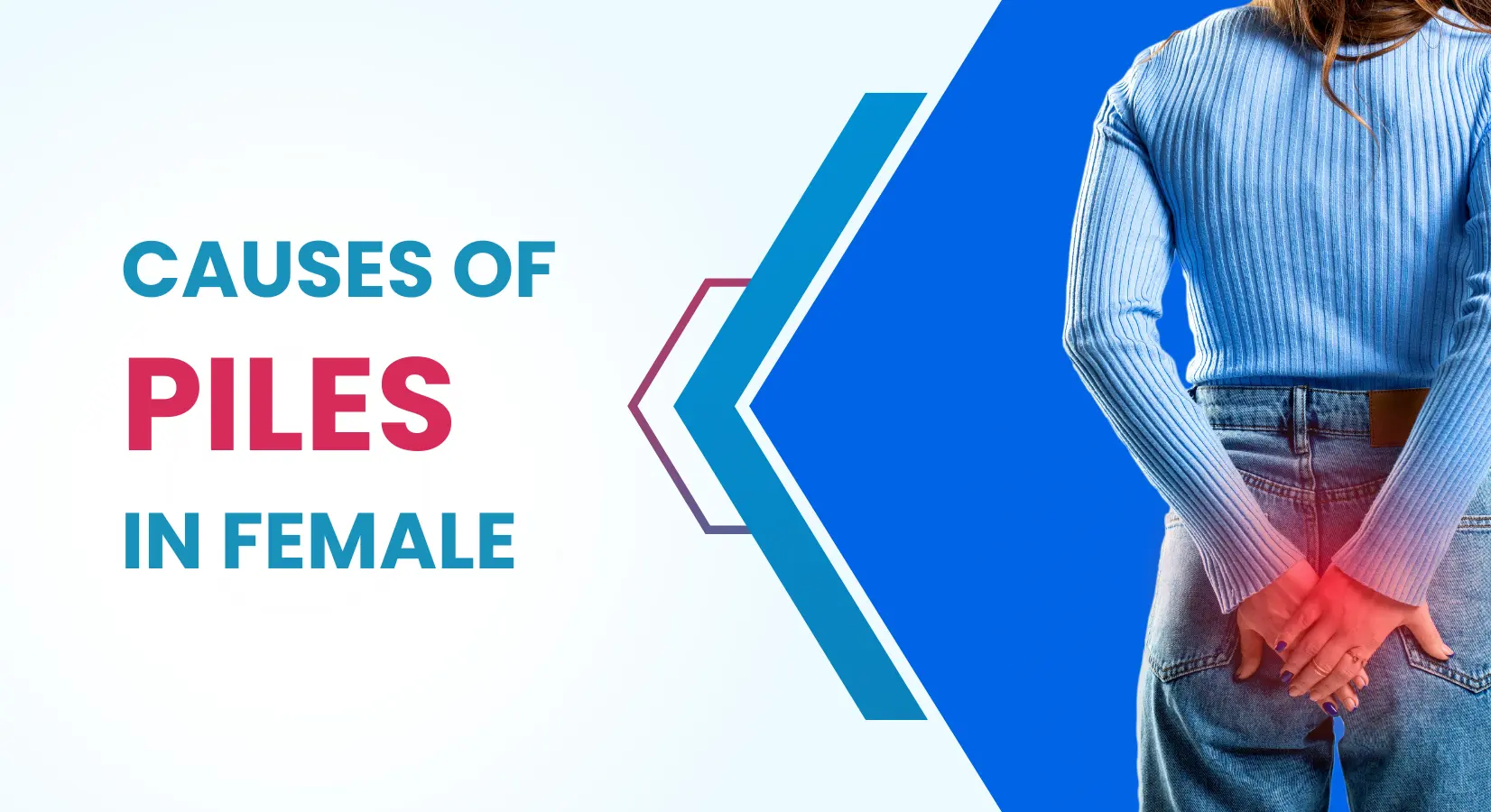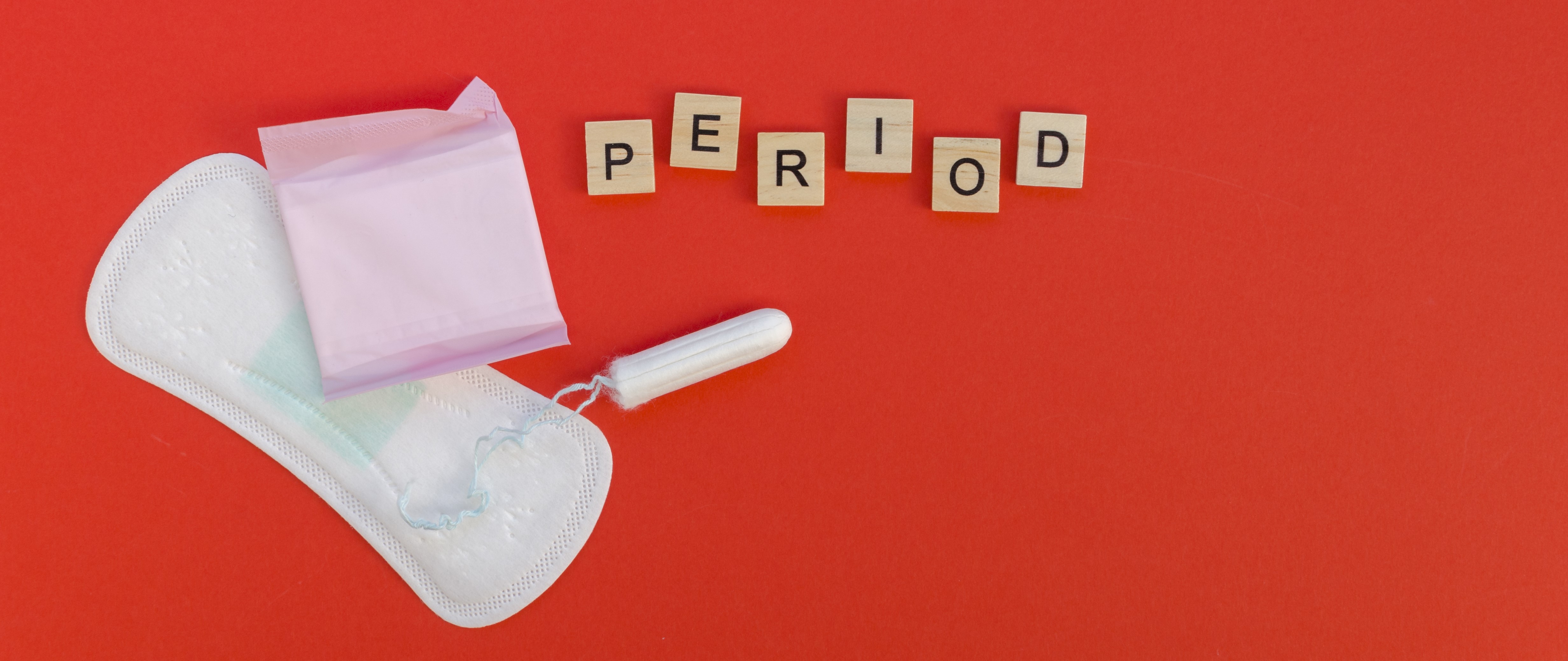Home
Robotic Knee Surgery
Blogs
Book Appointment
Causes Of Piles In Female

Piles, also known as hemorrhoids, are a common condition characterized by swollen veins in the lower rectum and anus. These swollen veins can cause discomfort, itching, and pain. While piles affect both men and women, females may experience this condition more frequently due to specific factors related to their physiology and lifestyle. Understanding the causes of piles in females is crucial for effective management and prevention. Before we look at why piles might occur in women, let’s first understand what they are.
Understanding Piles
Piles (hemorrhoids) occur when the veins in the rectal area become inflamed and swollen. This condition can cause discomfort, itching, and pain, and while it affects both men and women, there are specific factors that can make women more susceptible to piles. They can be classified into two types: internal hemorrhoids, which occur inside the anus, and external hemorrhoids, which develop under the skin around the anus.
Symptoms can include:
- Bleeding: Bright red blood on toilet paper or in the stool.
- Itching:Persistent itching around the anus
- Pain:Discomfort or pain, especially during or after bowel movements
- Swelling:A lump or swelling around the anus.

Causes of Piles in Females
Here are several factors that can increase the risk of developing piles in women:
- Pregnancy: During pregnancy, hormonal fluctuations can weaken the blood vessels in the rectum and anus, making them more susceptible to swelling. The growing uterus exerts pressure on the pelvic veins, which can lead to swollen veins in the rectal area. Hormonal changes during pregnancy also contribute to the relaxation of veins, making them more susceptible to swelling.
- Hormonal Changes:Hormonal fluctuations related to menstruation and menopause can affect vein strength and blood flow, increasing the risk of hemorrhoids.
- Chronic Constipation: Straining during bowel movements due to constipation can put excessive pressure on the rectal veins, leading to hemorrhoid formation. A diet low in fiber, insufficient water intake, and lack of physical activity can contribute to constipation and increase the risk of piles.
- Frequent Diarrhea: Repeated diarrhea can irritate the rectal area and cause piles. The constant need to have bowel movements and the irritation caused by loose stools can inflame the rectal veins. Repeated wiping and irritation from diarrhea can further exacerbate the problem.
- Prolonged Sitting or Standing: Jobs or lifestyles that involve long periods of sitting or standing can increase pressure on the rectal veins, contributing to the development of piles. This is common in office workers, teachers, and those with desk jobs.
- Obesity:Excess body weight places additional strain on the abdominal and pelvic veins, which can lead to the formation of hemorrhoids. Obesity often leads to increased abdominal pressure, which in turn affects the rectal veins, making them more prone to swelling.
- Aging:As women age, the tissues and veins in the rectal area naturally lose elasticity and strength. This weakening of the supportive tissue can make veins more susceptible to swelling and the formation of hemorrhoids.
- Genetic Factors:Genetics can play a role in the development of piles. A family history of piles may increase the likelihood of developing the condition due to inherited traits that affect vein structure and function.
- Heavy Lifting:Regularly lifting heavy objects or engaging in strenuous physical activities can increase abdominal pressure and contribute to hemorrhoid formation.
Do Piles Affect Periods?

Piles (hemorrhoids) generally do not directly affect menstrual periods, but the discomfort from piles can become more noticeable during menstruation due to hormonal changes and increased blood flow. Additionally, if you experience constipation or diarrhea during your period, it can lead to straining during bowel movements, which may worsen piles symptoms. To manage this, maintain a high-fiber diet, stay hydrated, and use over-the-counter remedies or warm baths for relief. If symptoms persist or are severe, consulting a healthcare professional is advisable for appropriate treatment.
Can Piles Be Treated?
Yes, piles can be treated. While they can be uncomfortable and sometimes painful, there are various treatment options available. The appropriate treatment for piles will depend on the severity of your condition. Mild cases may improve with lifestyle changes and home remedies, while more severe cases may require medical intervention.Common treatment options include:
- Lifestyle changes: Increasing fiber intake, staying hydrated, avoiding straining, and taking warm baths can help alleviate symptoms.
- Over-the-counter medications: Topical creams or ointments containing hydrocortisone can provide relief from pain and itching.
- Surgical procedures: For more severe cases, procedures like rubber band ligation, sclerotherapy, or other surgery may be necessary.
People who experience symptoms of piles should consider making dietary and lifestyle changes and consult with a healthcare professional for appropriate treatment. With proper care and attention, the discomfort associated with piles can be effectively managed, leading to improved quality of life.
If you are experiencing symptoms of piles and need expert care for Laser Treatment For Piles In Mumbai, Kapadia Hospital offers advanced treatment options tailored to your needs. Our experienced specialists provide comprehensive care, from diagnosis to treatment, ensuring relief and recovery. Don’t let piles disrupt your life—contact Kapadia Hospital today to schedule a consultation and take the first step towards effective treatment.
